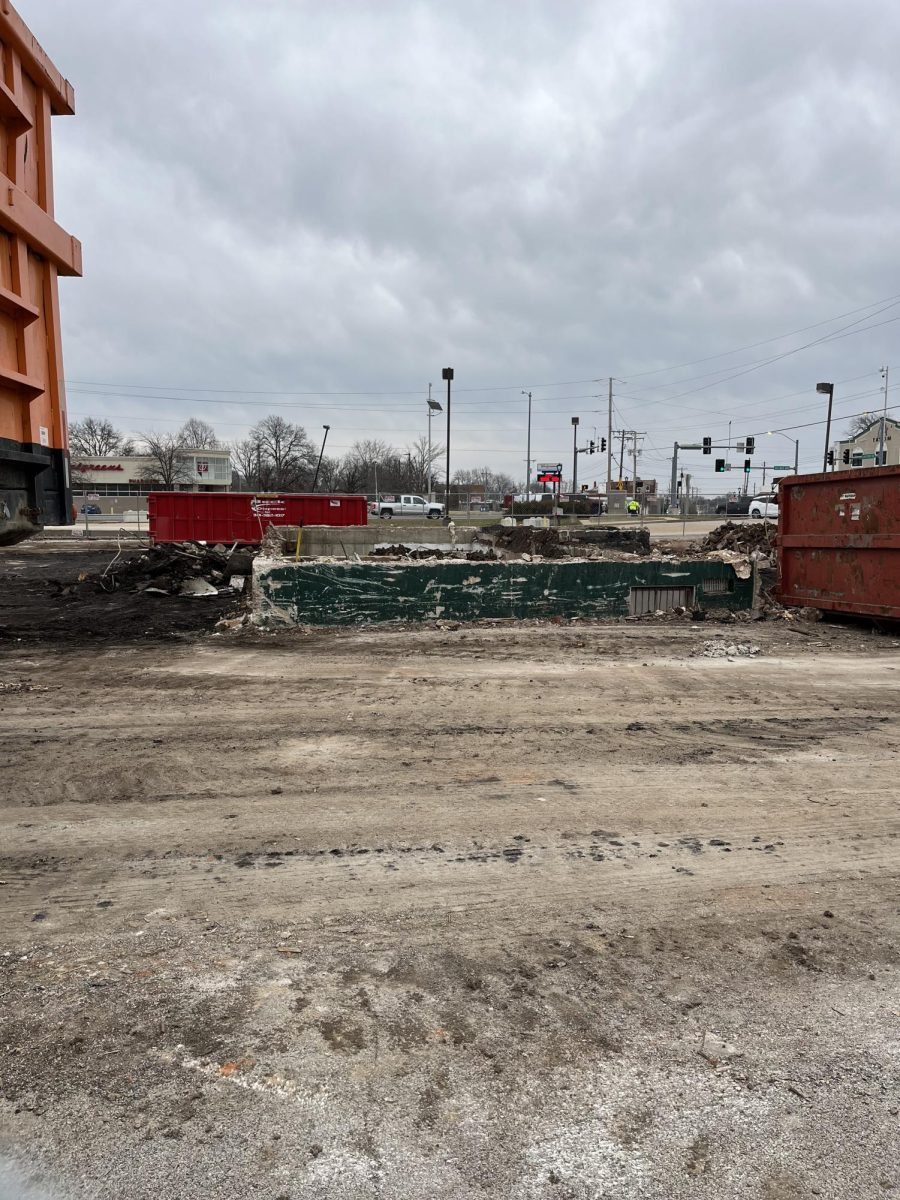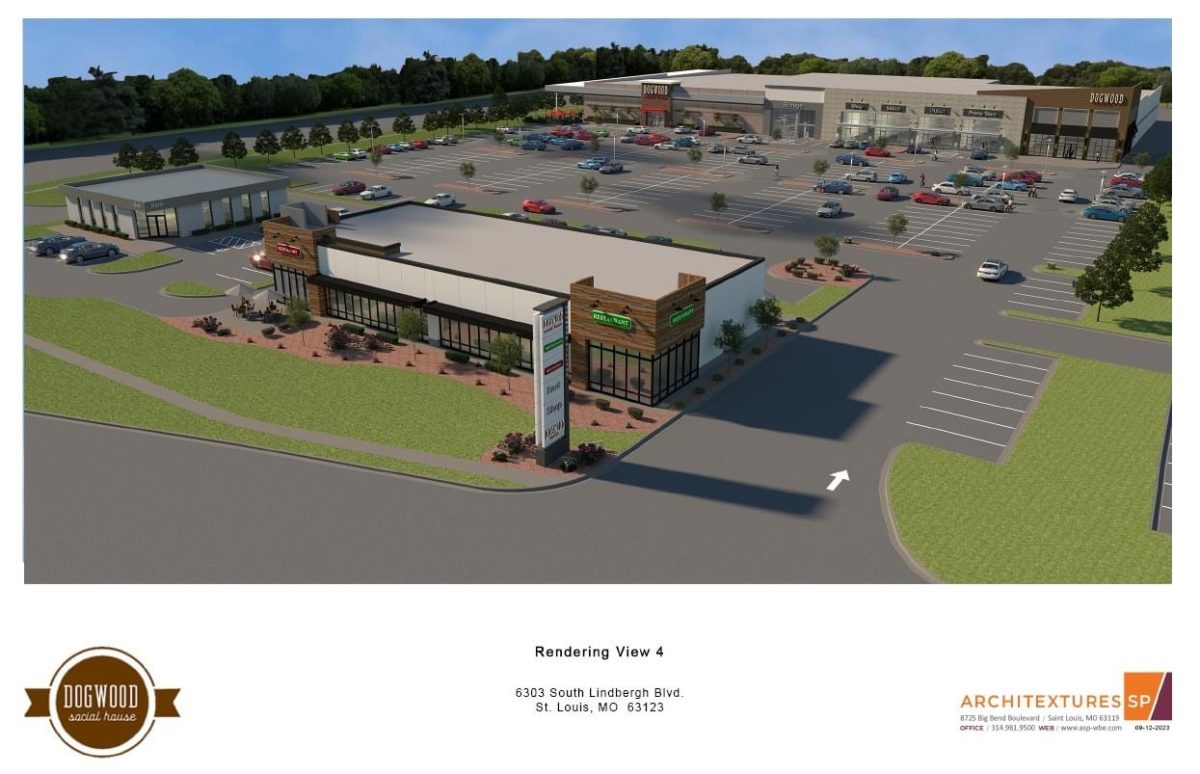The Crestwood Board of Aldermen voted last week to table an ordinance approving an $89,500 agreement with a consultant to assist in developing the city’s first-ever comprehensive plan.
Aldermen voted 6-1 to table the ordinance approving the agreement with Peckham Guyton Albers & Viets, or PGAV. Ward 2 Alderman Tim Trueblood was opposed. Ward 3 Alderman Bill Boston was absent from the Jan. 27 meeting.
In a memo to Mayor Gregg Roby and the Board of Aldermen, City Administrator Mark Sime wrote that five companies had responded to the city’s request for proposals, or RFP, to assist in developing a comprehensive plan.
“… We advertised in many venues and directly contacted three companies and received proposals, which were reviewed and evaluated. And the staff chose PGAV,” Sime told the board. “Not only were they the lowest, but we chose them for the reasons that they are very familiar with the city and they were already approved for — as the planner of choice for the redevelopment of the Plaza.”
In December, the board voted 7-1 to approve an agreement with PGAV to serve as the city’s planning services consultant for the proposed redevelopment of the former Crestwood Plaza at a cost not to exceed $73,000. Ward 3 Alderman Paul Duchild cast the dissenting vote.
For the comprehensive plan, PGAV is proposing a fixed fee of $89,500, plus not-to-exceed reimbursable expenses of $3,500. Sime noted that PGAV’s proposal included additional services that would require future board approval.
In total, PGAV’s proposed planning services could cost up to $240,000.
Future services, including a Watson Road Streetscape Plan and a Parks and Recreation Plan, could total $71,000, plus up to $3,000 in reimbursable expenses.
During a discussion of PGAV’s proposal, Ward 1 Alderman Darryl Wallach said, “… This is a big project for us and I want to make sure the selection of the one is accurate …”
The cost of the responses the city received ranged from $80,000 to $150,000, Wallach said, noting the scope of services varied from proposal to proposal.
In reviewing the submissions, Wallach said he focused on the ones submitted by PGAV and Houseal Lavigne Associates of Chicago.
He said he researched the websites of both firms, noting both are “prestigious companies” that have won many awards.
However, he said he was taken aback by the number of awards recently earned by Houseal Lavigne.
“… I recognize PGAV — they’re professionals, don’t get me wrong,” Wallach said. “But also I see there’s an advantage here of two companies providing us advice — two competing companies. One which is providing us the advice for the Crestwood Plaza redevelopment. Then another one, with similar data, providing us a comprehensive plan.
“I think there’s an advantage for the city of Crestwood to go with two different companies, rather than one. Plus the costs that I see here are very similar …,” he said, adding he would like to see city staff interview Houseal Lavigne to obtain more specifics about the firm’s proposal.
Houseal Lavigne’s price for the comprehensive plan and the mall redevelopment project totals $153,000. If Houseal Lavigne had been selected for both projects, the firm would have reduced its price by $18,000.
For the comprehensive plan, Houseal Lavigne proposed a cost of $89,500, including $10,000 for information related to the mall, but excluding such direct project-related expenses as printing, copies, graphic reproduction, presentation materials, mileage and technology fees.
Those direct expenses would not exceed 5 percent of the project cost.
Board President Mike Tsichlis of Ward 4 said he agreed with Wallach’s comments.
“… I had thought the same thing. I had wondered whether a diversity of professional opinion on our planning efforts in Crestwood would be preferred. Now you could argue, and of course, PGAV has a lot of positives going for it. Having worked for us and so forth, they’re very familiar with the community,” he said.
“But then, what better serves us in the end, I suppose — kind of a single viewpoint, and, again, I mean taking into account a lot of variables and factors because that’s a big analysis. But to also potentially look at other professional contributors who can bring in a different point of view or maybe just, I don’t know — I think somehow this could potentially work synergistically where you have two different planning firms working and bringing together ideas that could somehow meld together, but come from different perspectives. I see a positive in that, too …”
Ward 4 Alderman Mike Vincent proposed the ordinance be tabled until the board’s Feb. 10 meeting, which the board agreed to do.
Duchild earlier noted that PGAV Vice President John Brancaglione said in January 2005, “Most cities do a comprehensive plan for the entire community.
“However in Crestwood’s case, they’ve really never done that, largely because at the point at which comprehensive planning was really a common process in the United States, Crestwood was significantly built out and so the development plan for the portions of the community at that point that were within the incorporated boundaries really would have been sort of pointless.”
Asked by Duchild what has changed, Brancaglione said, “… As you probably already know, you’ll get an honest answer from me, whether we’re making money or not. (For) a ‘built-out’ community, once established and if it’s otherwise healthy, doing a comprehensive plan simply for the sake of doing one is not productive … You all have never had one. So you’ve never had the benefit of sort of looking at how you grew over time, understanding how your demographics have changed …”
A comprehensive plan would evaluate “every property in the city. You’ve never had a land-use inventory of every property,” he said.
“You’ve never had sort of a standardized conditions evaluation. You’ve never had those things, and so you don’t go out and do that just to be doing it. You do it because at this stage of the game you have some parts of your city that are aging. You may have, and I don’t know this for a fact, but if you have residential neighborhoods that are developing higher percentages of rental occupancy, then it’s a thing you better be tracking because that means you’re likely to have code issues down the line, if you don’t already. So those are the reasons why you would do it now …”
He added, “You reach the stage where you need some information to know a little bit about where you’ve been, but more importantly about where you may need to go, and so that’s why you do it.”
Most communities with comprehensive plans update those plans every 10 years, Brancaglione said.

















